Since 1985, the Lebanese government has made at least 13 such announcements, plans, proposals and / or studies about new public transport projects – an average of one every 2.4 years.
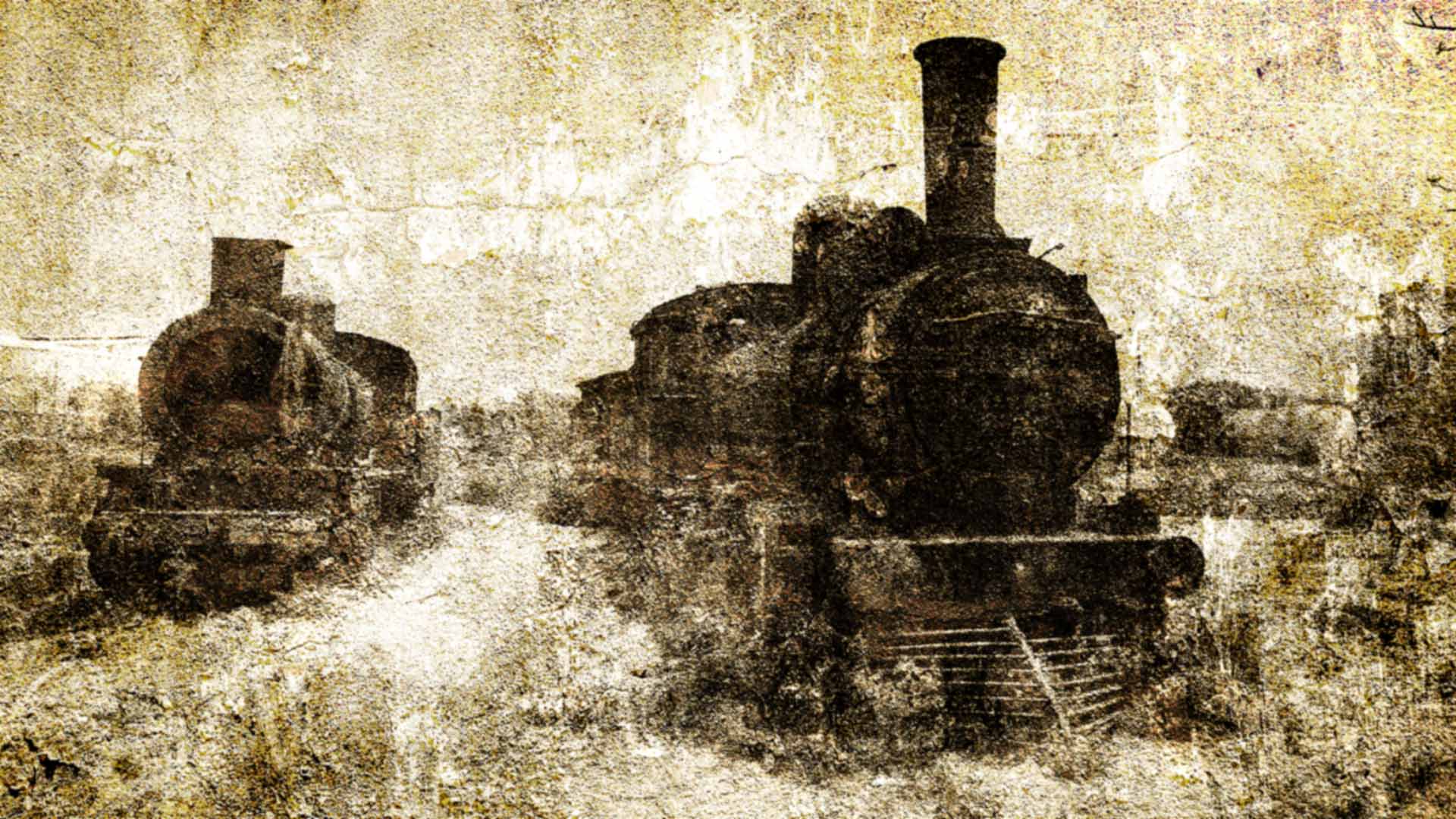

Since 1985, the Lebanese government has made at least 13 such announcements, plans, proposals and / or studies about new public transport projects – an average of one every 2.4 years.
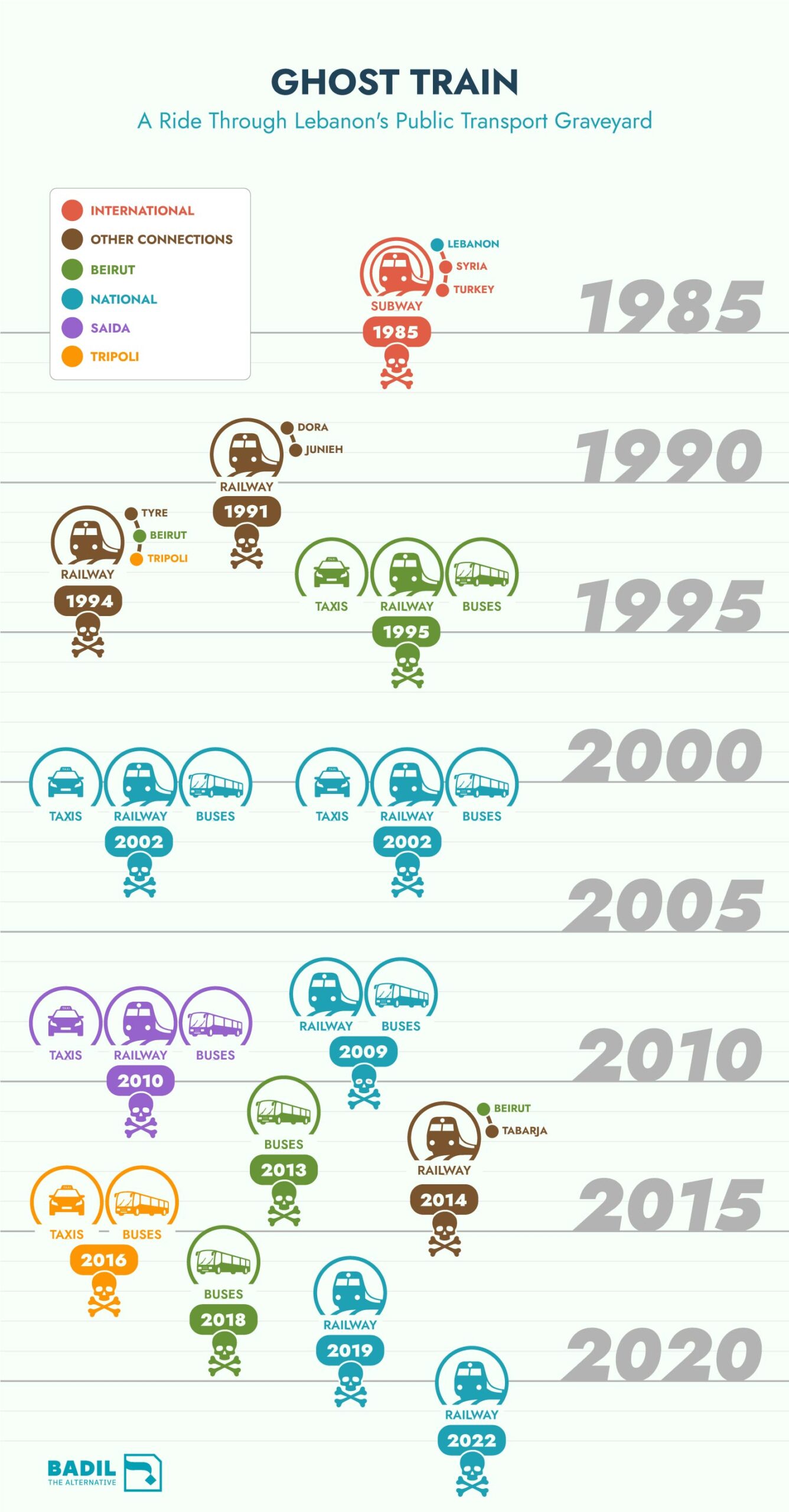
In February 2022, Ali Hamie, Lebanon’s Minister of Public Works and Transport announced the upcoming development of an ambitious plan to revive the country’s train network, which has lain derelict and unused since the civil war (1975-1990). Since 1985, the Lebanese government has made at least 13...
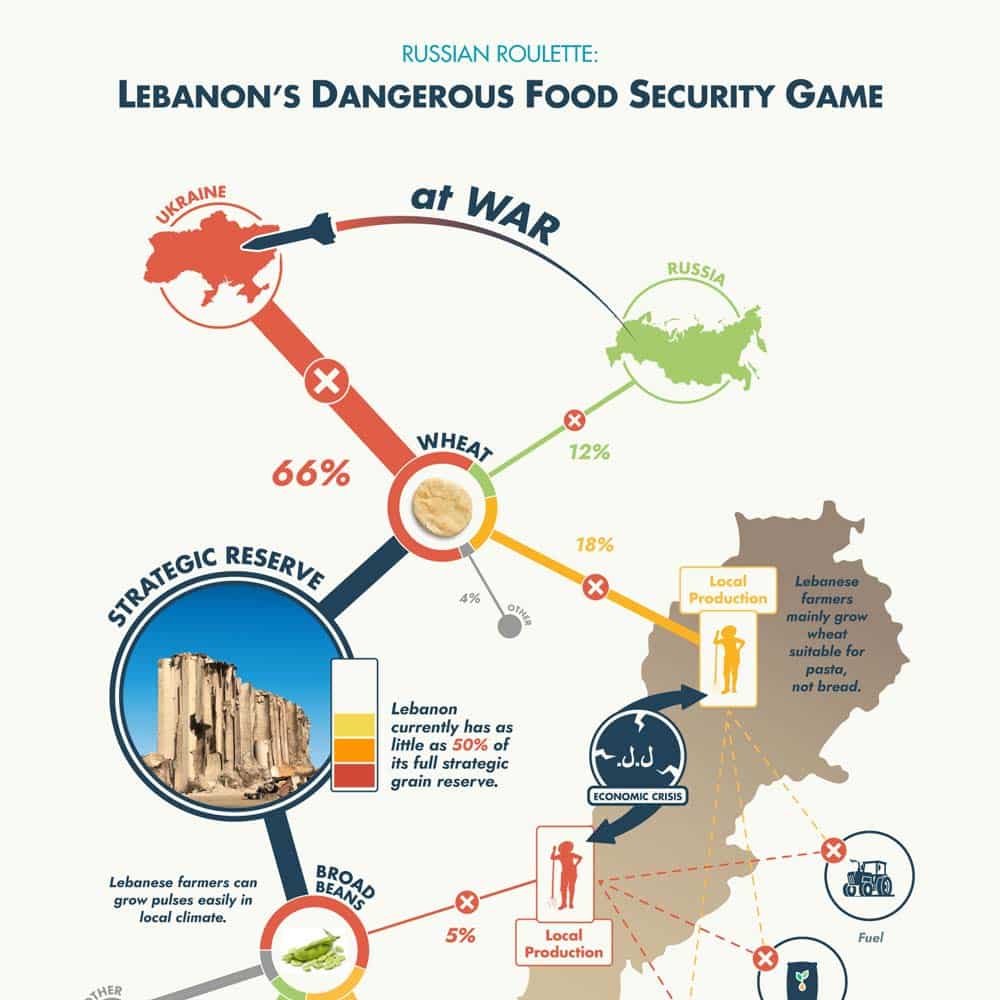
The crisis in Ukraine exposed yet another Lebanese catastrophe. As the primary source of grain imports for Lebanon, disruptions to grain imports and pricing put Lebanon in a precarious position of having no more than a few weeks of grain reserves. This is because the political class had done nothing to reestablish a strategic store since the destruction of the grain silos in the August 4 2020 blast.
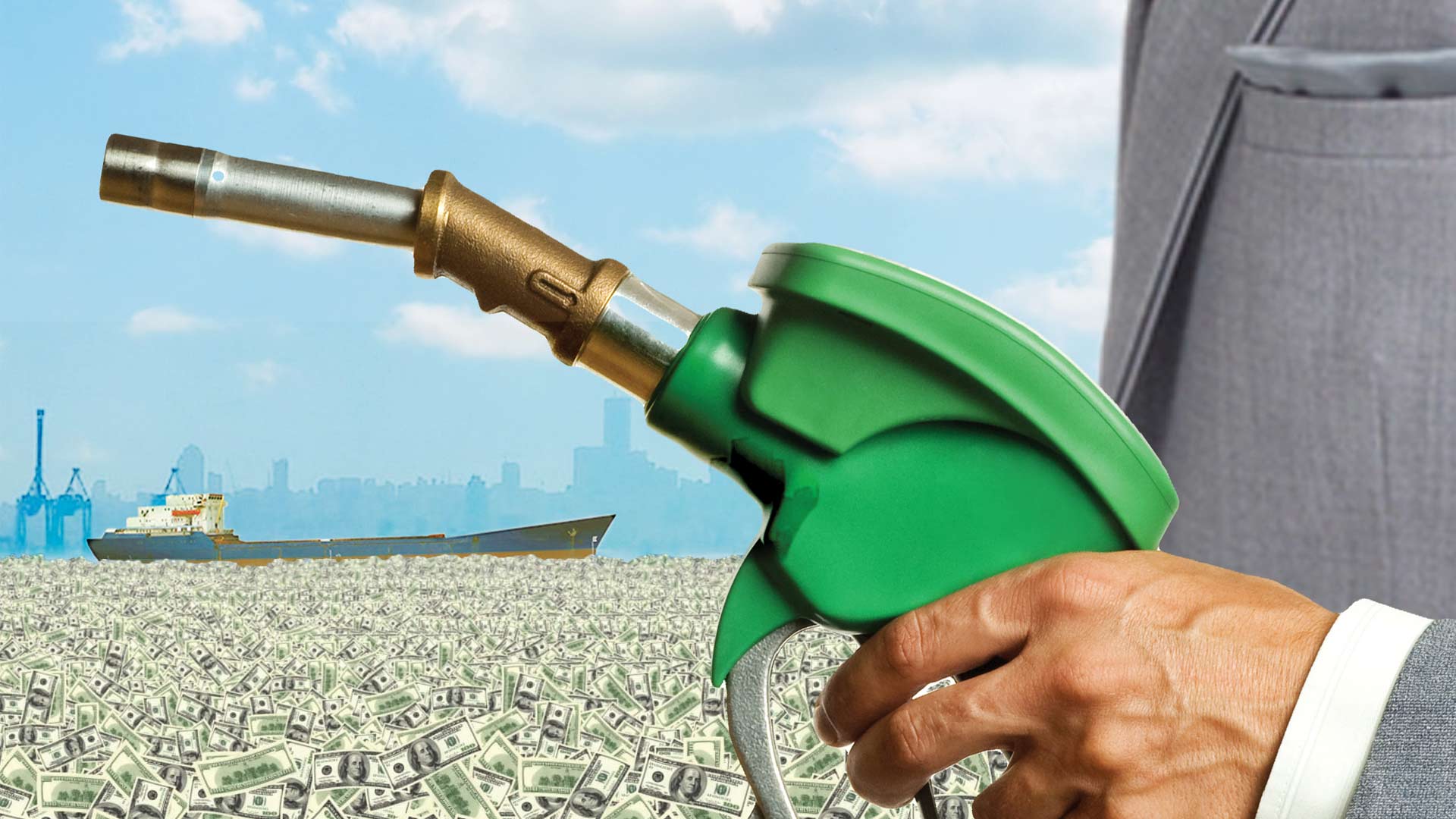
Eliminating national oil dependence will clear out conflicts of interest.
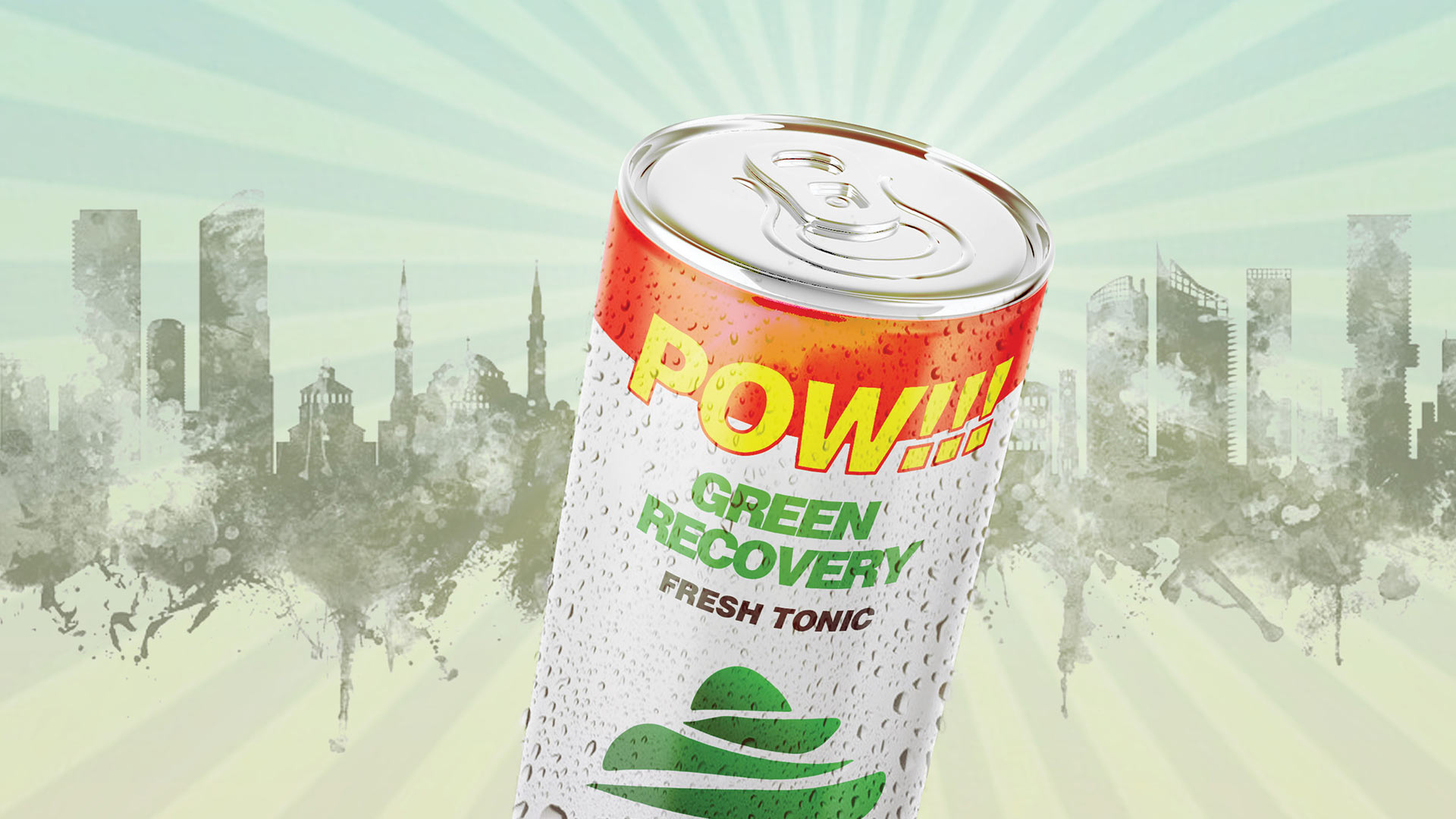
Salvation from accumulated crises can only be through sustainable consumption and production.
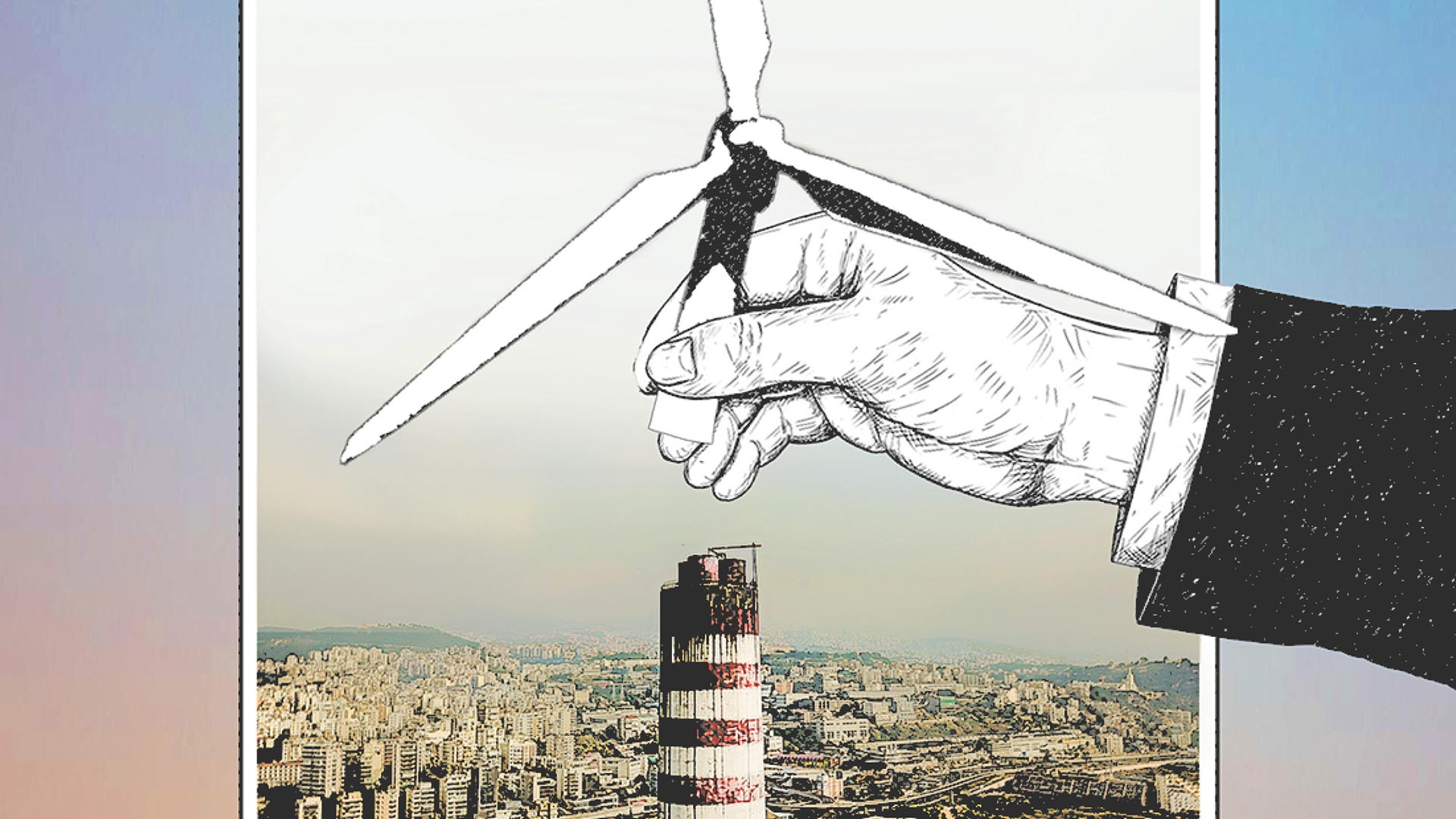
Lebanese authorities’ persistent failure to meet the country’s energy needs has been a central symbol of state corruption and mismanagement.
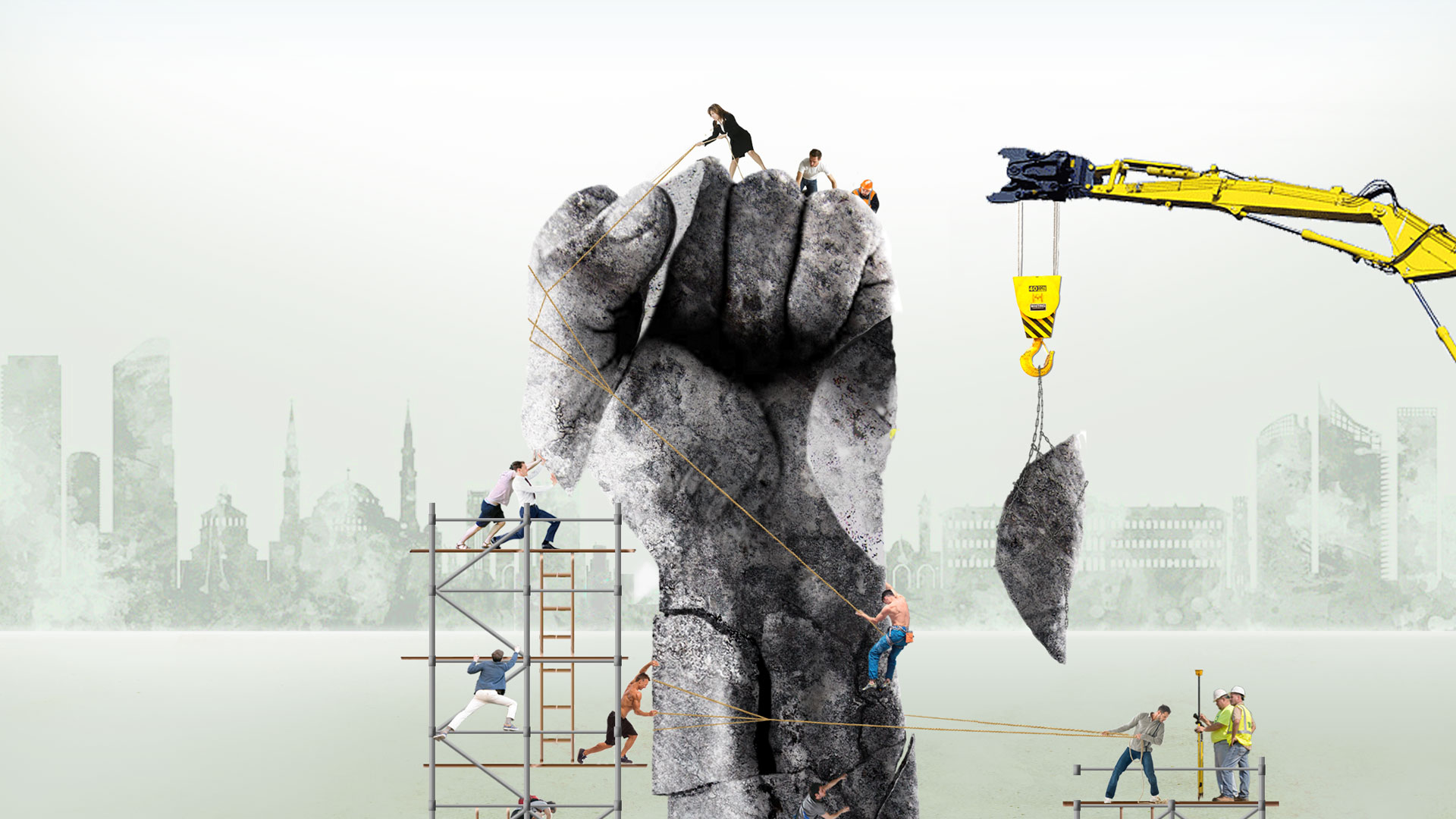
As Lebanon approaches another round of parliamentary elections opposition parties face old threats and new opportunities.

Sanctions and principled aid can pull Lebanon back from the abyss – but only by targeting the banking sector and carefully monitoring the state’s role in aid distribution

How misplaced aid, elite capture, and a devalued currency are causing crisis in the water sector.